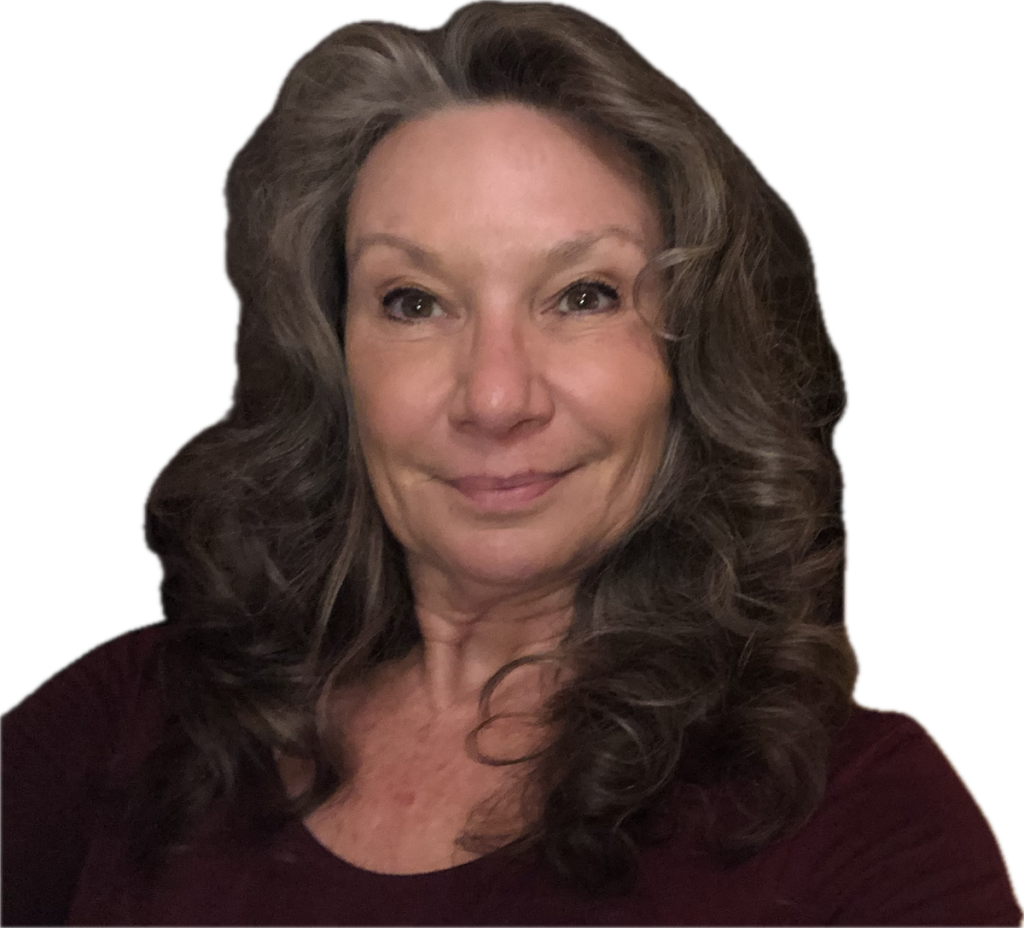The Next Breath
By Monica Stoffal
My mother once told me: If you think someone is going to be your friend, tell them the worst thing about you; a true friend must know your worst thing.
In December 1971, I was twelve-years-old and pregnant from the incest I’d experienced since I was five. On April 16, 1972, labor started with its vice-grip of contractions, bringing me to my knees just outside the hospital, where I pulled my mother to the ground as she tried in vain to hold me up. A kind stranger helped us to the hospital door. While the on-call doctor considered whether to give me an epidural, he said, “If this baby even lives, it will be small.” Eight hours later, a seven-pound boy was born—a boy I never saw or held. The adoptive parents and older brother were overjoyed.
I followed my mother’s advice for a while, believing that a true friend had to know my worst story.
I considered Robin to be that true friend and, when she shared her hardship story about growing up with an alcoholic mother, I told her my incest story. I was nineteen at the time, and Robin, who was eight years older, seemed trustworthy. I was naive about how hard my story truly was. Unbeknownst to me, Robin gossiped, telling her long-time friend, Colleen, about my childhood sexual abuse. I happened to be renting a room from Colleen, and when we had a disagreement, she accused me of sleeping with my stepfather. I was stunned. Not only by her calloused, out-of-nowhere comment, but by the shocking realization that Robin told someone else my hard story, something I rarely shared. After that, I kept my story all inside, hidden by my Cheshire Cat grin, my cool, aloof self.
Marriage, two children, college, a teaching job, gave me many years to stuff the story down deep enough that I realized I could live my entire life without ever telling it again.
When reproductive rights came up in conversations, I’d hold my breath and wait for the conversation to end. But once, I was in the staff workroom with a colleague—a man I respected for his kindness and skill in helping freshmen love Steinbeck—when he said “I really am against abortion. I think it’s wrong.”
Breathing slowly, I asked, “But what about incest? What about rape?”
“Even then,” Jim said. “Adoption is a really good choice.”
It took me years to even know the next question: “Have you ever given a baby up for adoption, ever done what you are asking a victim of incest to do?” I asked this question of a protester outside of Planned Parenthood.
“No, I haven’t,” she relented. “But…”
I kept my voice calm. “Well, let me introduce myself. My name is Monica, and I gave a baby up for adoption in 1972, just after I turned thirteen. I just want you to know—the loss is permanent, visceral, and at times, all-consuming. Please keep that in mind when you tell a girl, a survivor of incest, that adoption is a really good choice.”
Adoption was my only choice in 1972, but it was not the worst thing that happened to me. The worst thing came later, after I had my own children, held and loved them, when I realized what I’d done—that I’d given away a baby.
I should not have kept him. But…I had that baby, gave him to another family to raise. The empty place he once occupied, that has been my worst thing. Surviving that empty place has been the challenge of my life.
Hearing Hadley Duvall speak on stage at the Democratic National Convention gave me my next, next breath. Hadley was brave. Her courage was a signal to me that the other choice, the only choice I had in 1972 pre-Roe, the one Jim did not understand, comes at a price he could never pay. I paid that tab, and I would never ask the same of any female, regardless of age or reason.
My hope is to share something true about one person who was not crushed by incest. Surviving our deep and early wounds takes time, and we need one another, just like I needed Hadley to take the next breath, the next step forward.
As Kamala Harris said, “A twelve- or thirteen-year-old survivor of incest being forced to carry a pregnancy to term? They don’t want that.”
Indeed, we do not. We want freedom from our worst story, and the support that comes from hearing powerful people say: “They don’t want that.”
As Hadley and I both know, we never did.

Monica Stoffal is a retired educator and a mother, wife, sister, and daughter. She’s writing a memoir about her journey as an incest survivor. Find her on Facebook at MonicaLeigh@Facebook.com and on Instagram @MissyLeigh59.